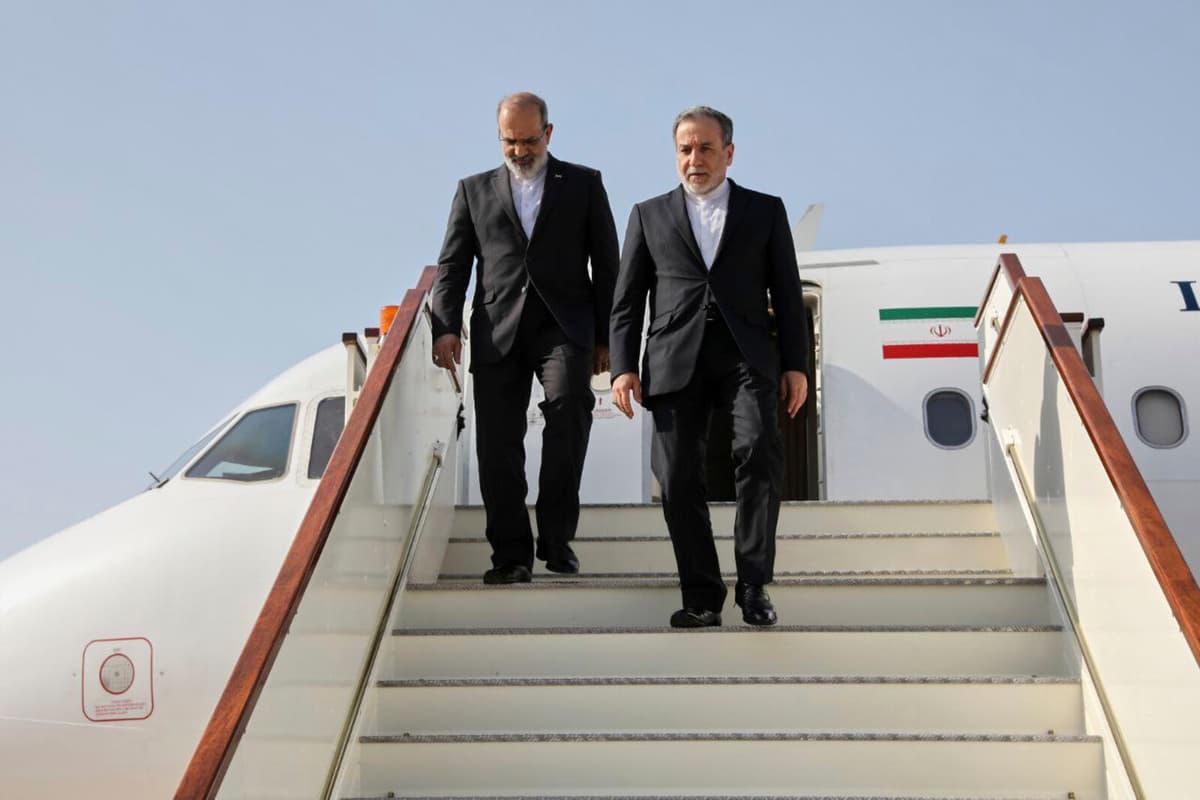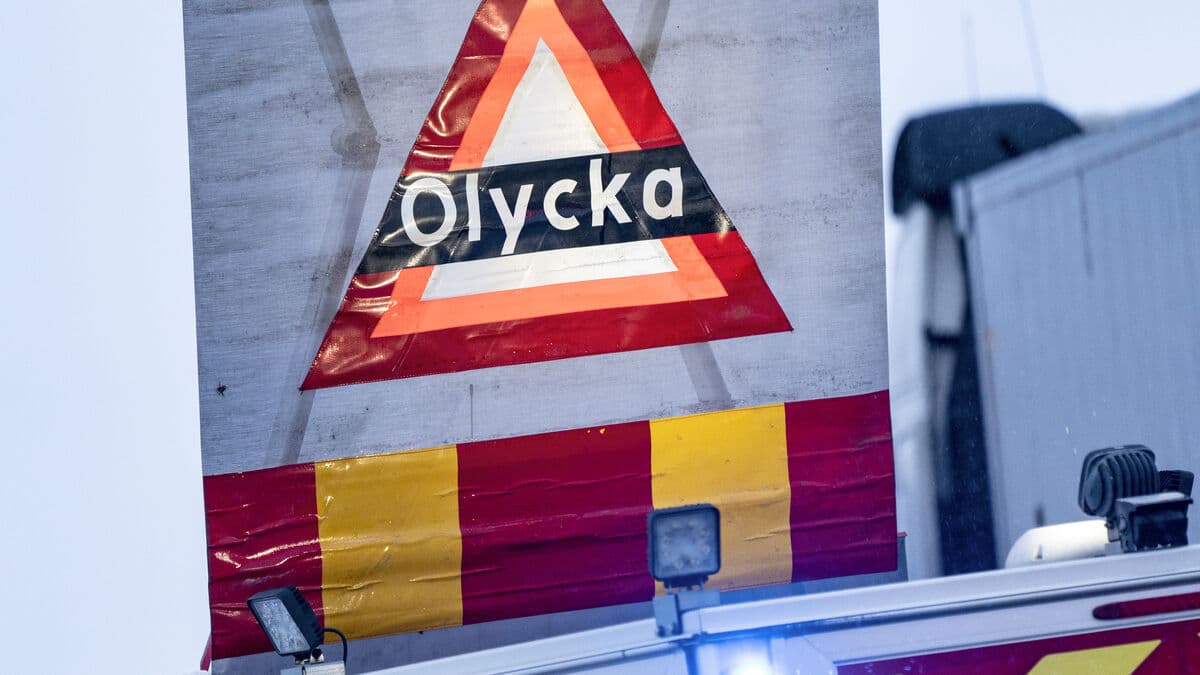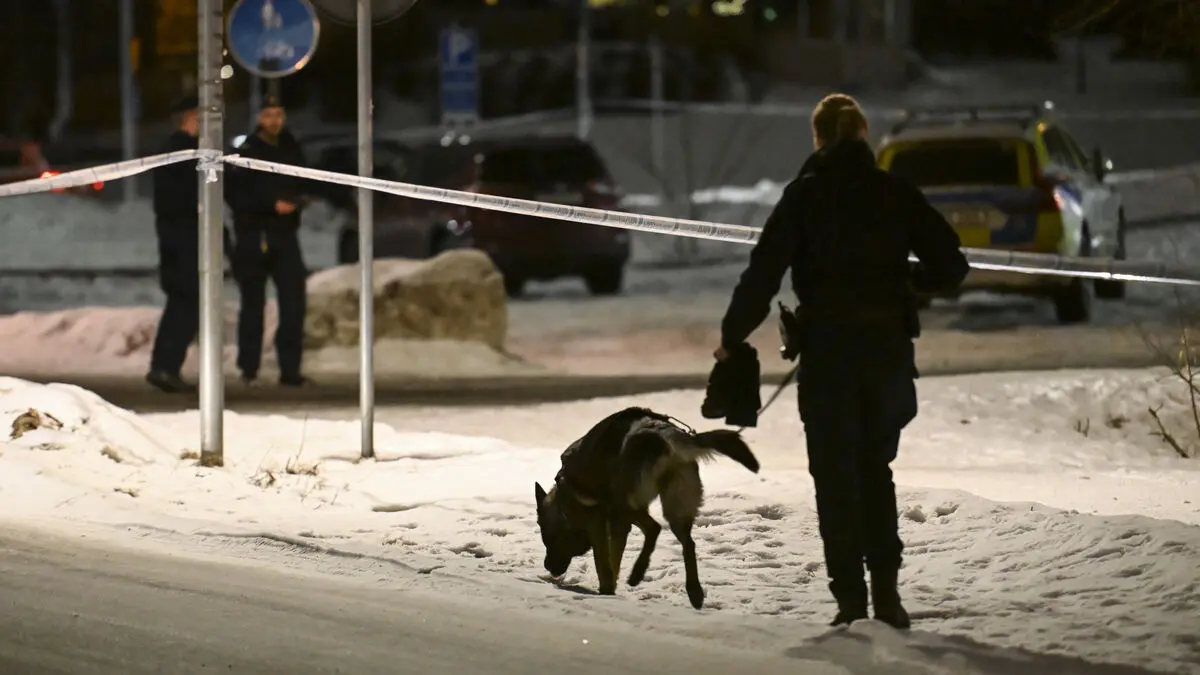Saturday's talks lasted for over four hours. Oman, which mediated in the previous rounds of talks, announced that Iran and the USA "identified a common desire to reach an agreement based on mutual respect and lasting commitments" and new talks are planned for May 3.
Iran's Foreign Minister Abbas Araghchi, however, emphasizes that differences remain.
There are differences in both the major issues and in the details, he says to state TV in Oman, but adds that the negotiations were "much more serious than before".
"Further progress"
The USA views today's talks as "positive and productive", according to a high-ranking anonymous official.
There is still much to be done, but further progress was made to reach an agreement, says the official.
Iran's Foreign Ministry stated before the talks began that the country's defense and missile arsenal would not be on the agenda. These issues have not been raised during the preparatory talks either, says Esmaeil Baqaei, spokesperson for the Foreign Ministry.
The concluded talks were the third round of negotiations between the countries in as many weeks. The negotiations aim to curb Tehran's ambition to develop its own nuclear weapons, possibly in exchange for lifting the sanctions against the country.
Collapsed agreement
The UN's atomic energy agency IAEA has warned that Iran is approaching its own nuclear weapon.
This is the highest level of negotiations between the USA and Iran since a previous agreement between Iran and the Western world from 2015 collapsed in 2018. The deal, called JCPOA, aimed to prevent Iran from developing nuclear weapons after decades of global fear of this.
It was the USA's President Donald Trump who withdrew from the nuclear agreement during his first term. He has described military action against Iran as an "absolute possibility" if the talks do not go in the direction the USA wants.






